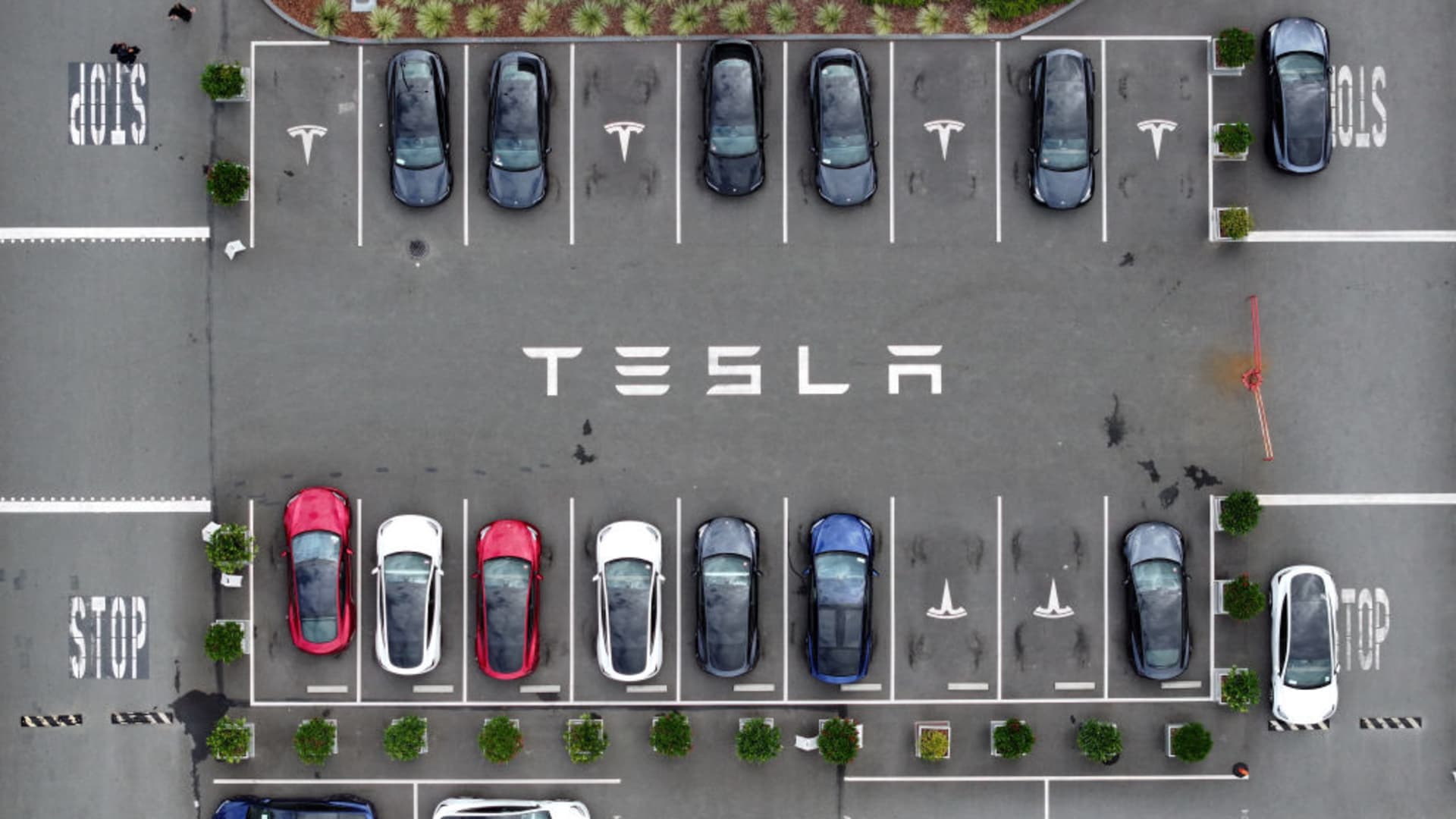
Workplace retirement plans are one of the best deals around.
Contributions to a 401(k) plan are pre-tax, so, the more you put in, the lower your taxable income (and, therefore, how much you pay in taxes). Further, companies often offer an employer match, which is essentially free money toward your retirement savings goals.
Yet, 17% of workers with access to an employer-sponsored plan don’t currently contribute. And among those who do, 12%, or 17.5 million people, leave company matching funds on the table, according to a recent survey by MagnifyMoney.
More from Personal Finance:
If you’re part of the ‘Great Resignation,’ here are some 401(k) tips
How much do I need to retire? Top financial advisors weigh in
Single people are worse off financially, study shows
Most people said it was because they couldn’t afford to contribute more to their plan, MagnifyMoney found. The personal finance site polled more than 1,200 workers in August.
“If you don’t contribute enough money to get your employer match, you are literally leaving free money on the table — money that belongs to you and is part of your compensation,” said MagnifyMoney’s senior content director Ismat Mangla.
Overall, retirement account balances, which took a sharp nosedive in 2020 when the Covid outbreak caused economic shock waves, are now at new highs, according to data from Fidelity Investments, the nation’s largest provider of 401(k) savings plans.
To give your retirement savings a boost, Jessica Macdonald, a vice president at Fidelity, recommends opting into an auto-escalation feature, if your employer offers it. This feature will automatically boost your savings rate by 1% or 2% each year.
And always contribute enough to get the full employer match, she said. “That way, you won’t leave money on the table.”




